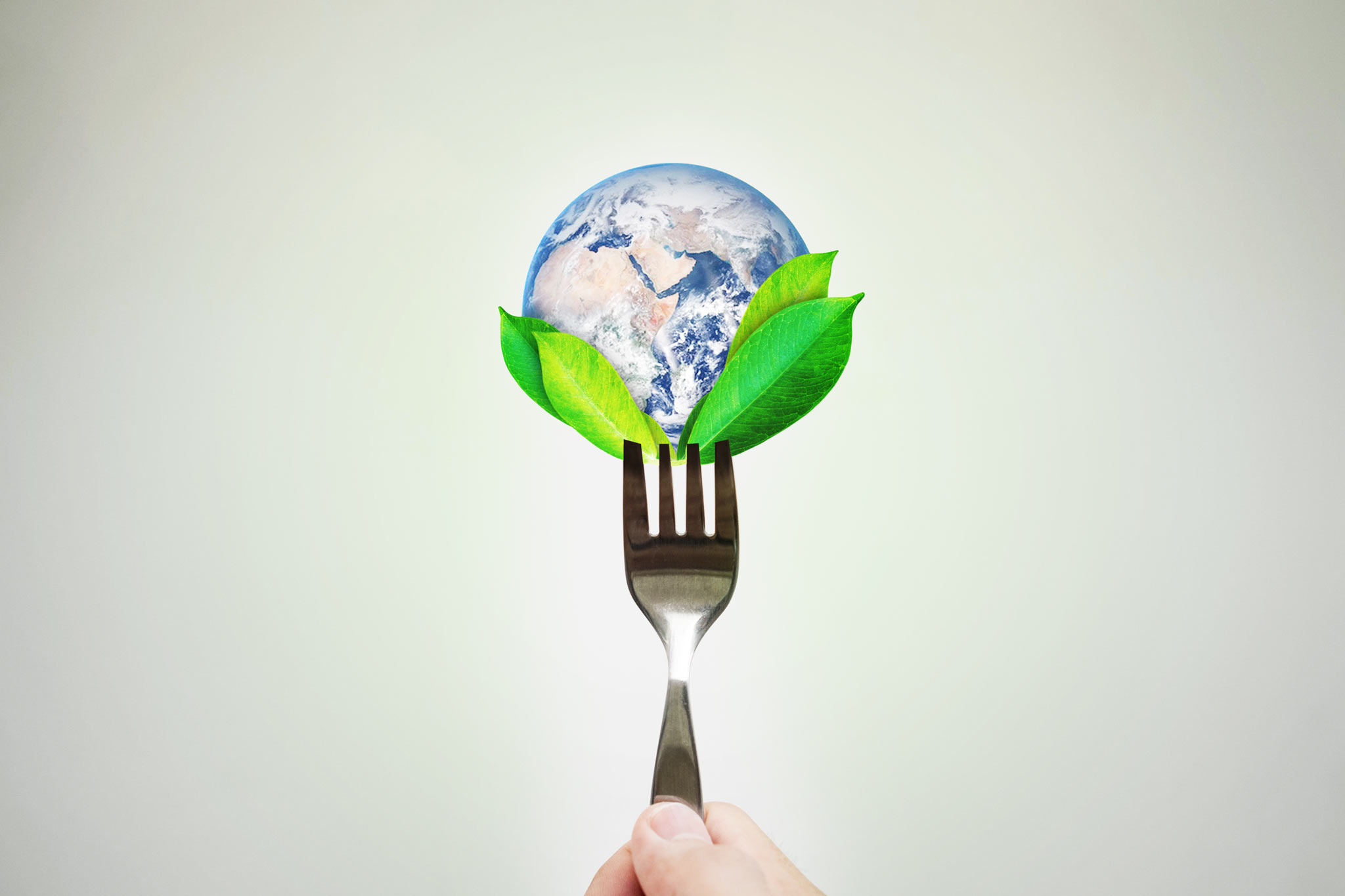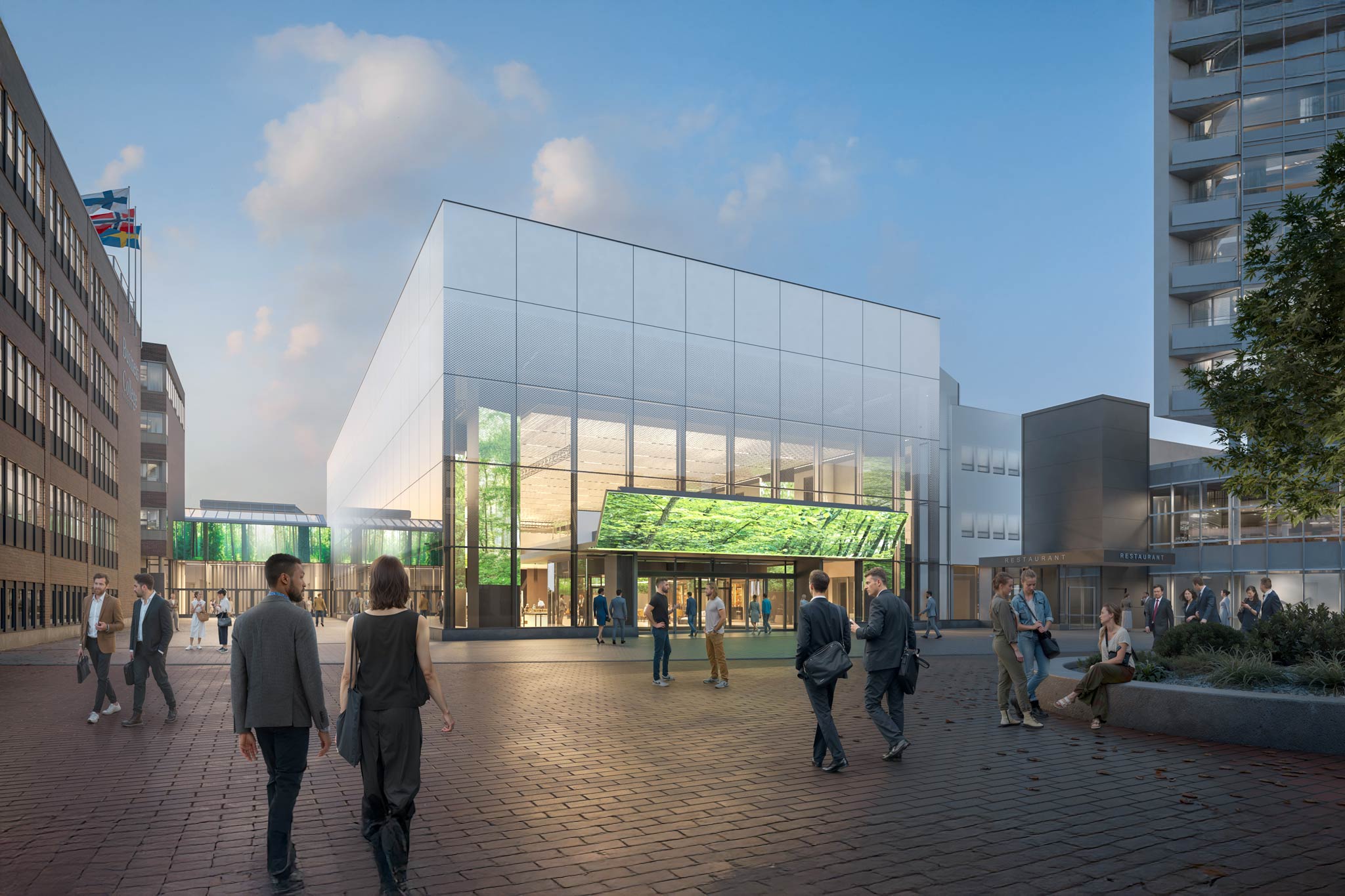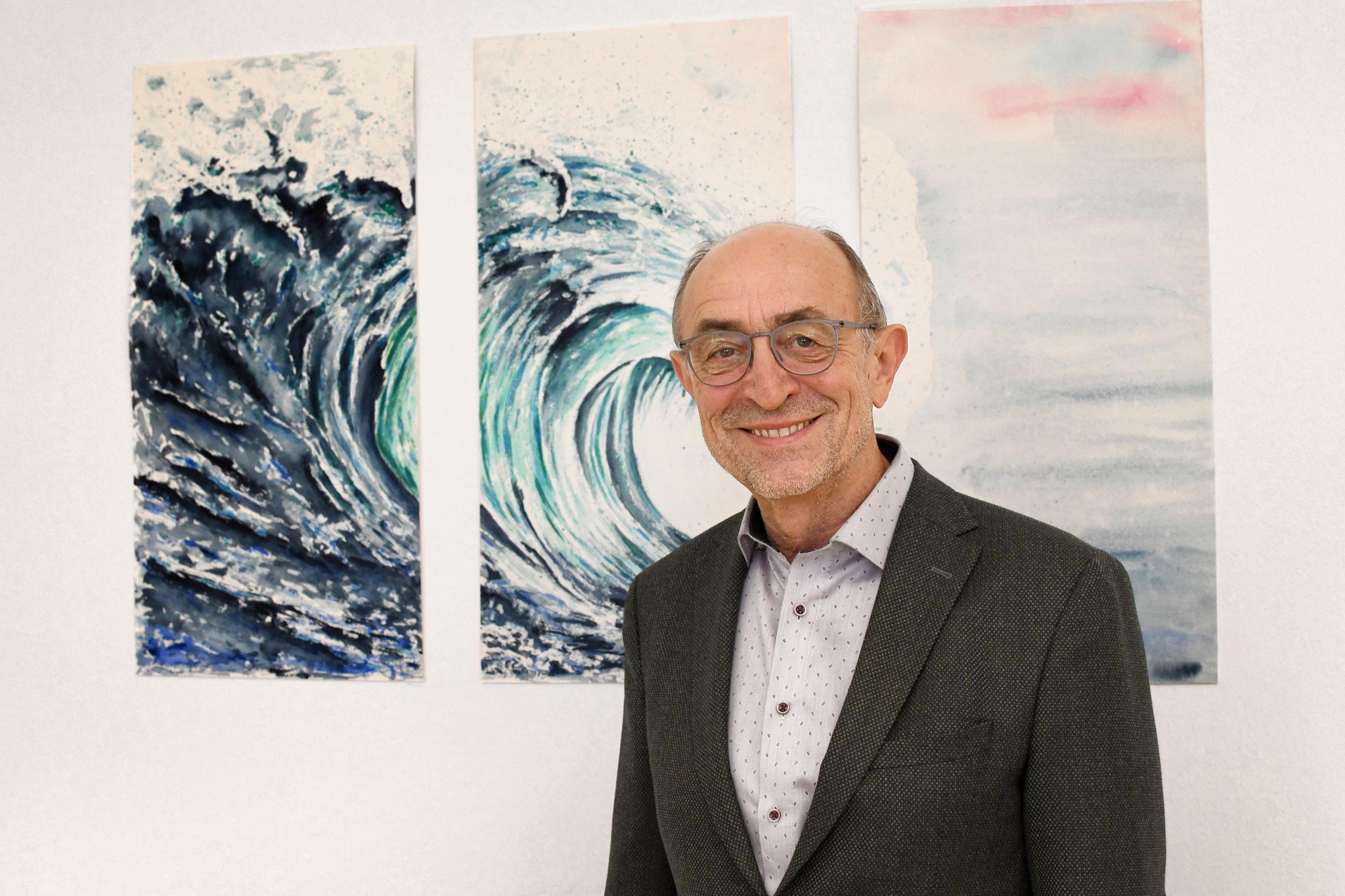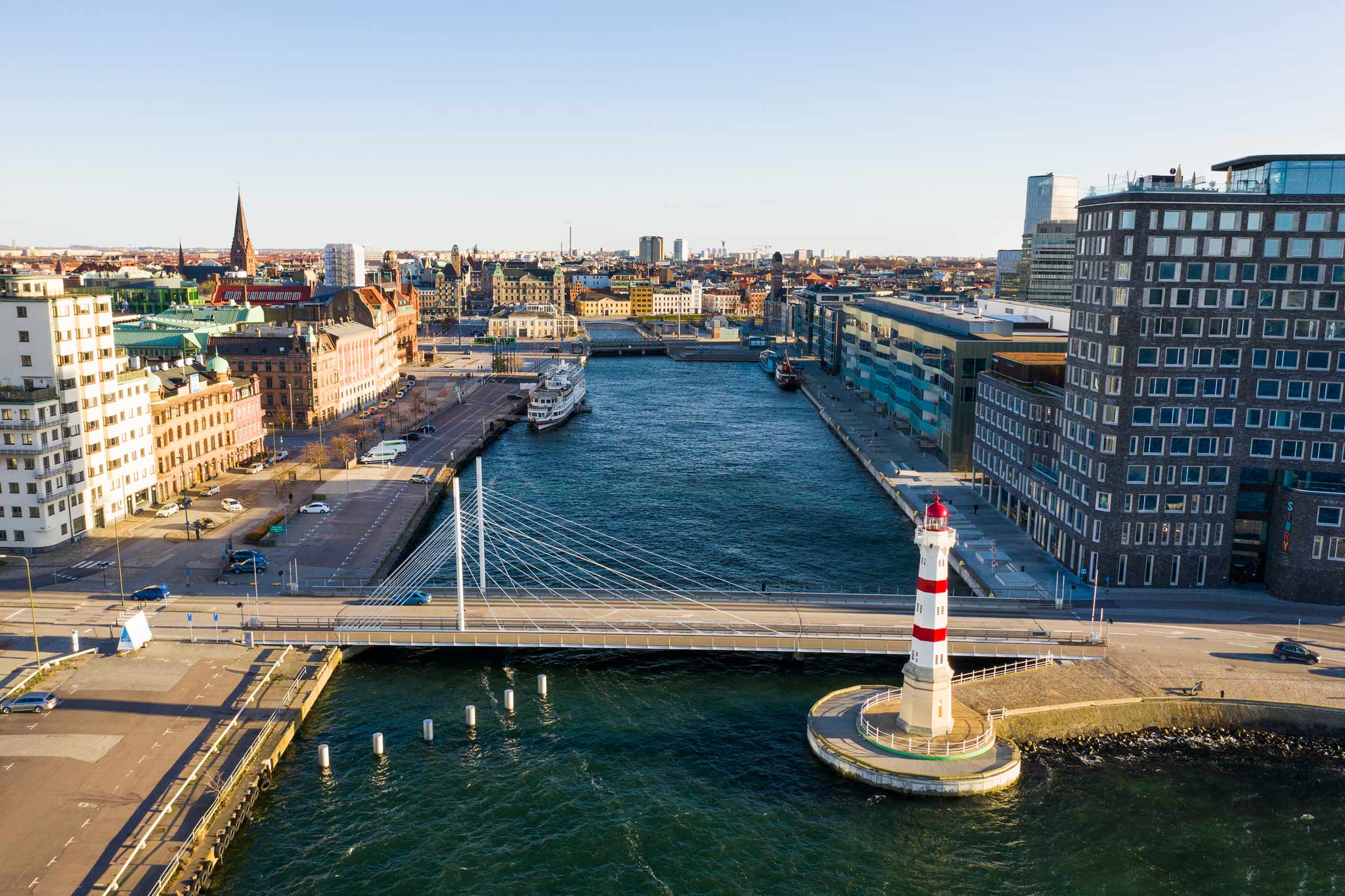B4Plastics and GreenWave are given the 2021 Curt Bergfors Food Planet Prize for their development of materials for biodegradable fishing gear and sustainable ocean-based food production, respectively. For this year and onwards, the Curt Bergfors Foundation has decided to increase the amount of money given to each winner, from $1 million to $2 million. This means that the world’s biggest environmental award is all about food.
“No other human activity contributes more to the degradation of our environment than the way we eat. It is therefore clear to me that the world’s biggest environmental prize should reward innovative solutions that have the potential to drastically change this. By doubling the amount of money tied to each of the prizes, we intend to accelerate the winners’ ability to reach their full potential and contribute to a sustainable food planet that can support us all,” says Curt Bergfors, Founder of the Curt Bergfors Foundation.
A significant part of all plastic pollution in the oceans is due to lost or abandoned fishing gear, so-called ghost nets. In addition to threatening marine life while they are still intact, these nets, cages, and ropes are eventually ground down to microplastics by the movements of the sea and absorbed into the food chain. Up to 30 per cent of all the fish we catch never leaves the ocean but dies unnecessarily, caught in gear that keeps fishing untended.
Within the Glaukos project Belgian company B4Plastics is developing strong bio-based polymer materials for fishing gear that are completely biodegradable, unlike current plastic materials. Using these new materials makes it possible to predetermine the lifespan in water of a net, for example. This guarantees that the equipment, if lost or left in the ocean, neither continues to harm marine life over time nor contributes to pollution as does conventional gear.
The methods used today to extract food from the oceans are often anything but sustainable – the oceans are becoming depleted and we humans are responsible. Considering how much of the earth’s surface is covered by water, and despite the unsustainable methods in use, the proportion of food currently originating from the sea is surprisingly small. It is clear that we need to look for not only more, but also significantly better ways to produce food from the marine environments.
US nonprofit GreenWave describes themselves as a global network of regenerative ocean farmers. The organization has developed a scalable system for ocean-based food production with a very small environmental footprint. To grow their idea to a point where it can create change globally, their system and everything needed to use it is shared through an education-based model. This contrasts with a more traditional business where an idea is scaled up within a company itself and thereby limited to that company’s own growth rate. GreenWave’s goal is to provide knowledge, materials, and support to 10,000 independent ocean farmers managing 1 million acres of seaweed and shellfish within ten years.
The winners are selected by the Curt Bergfors Foundation based on a recommendation from the Food Planet Prize jury. The chairmanship of the jury is shared between Johan Rockström, Professor and Director of the Potsdam Institute for Climate Impact Research, and Magnus Nilsson, chef and Head of MAD Academy, and Director-General of the Food Planet Prize. The jurors represent the entire food system, from farmers and food producers to decision-makers and researchers. This variety of perspectives ensures the necessary balance between science and practice in the decision-making process.
Read more about the prizewinners and why they received the award.



